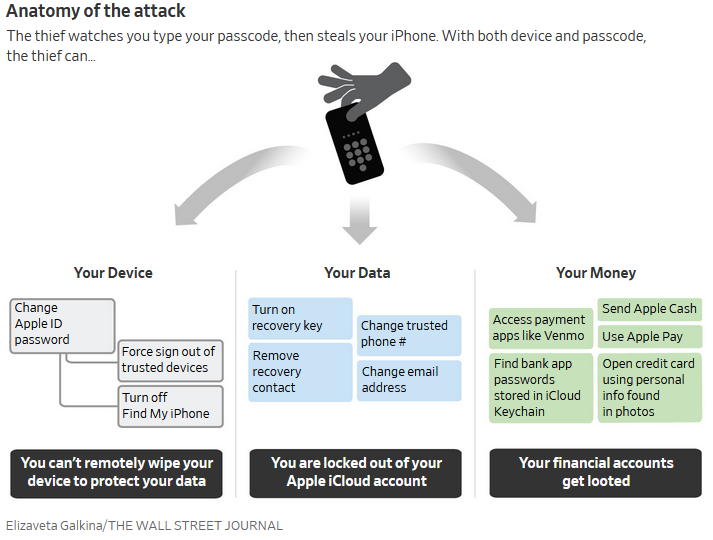Congress may be moving to revamp the Foreign Intelligence Surveillance Act, which among other things, creates a secret Federal court that empirically allows the Federal government to spy on American citizens in the United States—one of whom was a representative of citizens of Illinois whom they had elected to Congress—without a warrant.
[Congressman Austin, R-GA] Scott said lawmakers on the committee want to address who in government can query the database, who can be targeted and who must sign off on such warrantless surveillance. He also suggested there is some support for adding lawyers to the secretive process to help defend the rights of Americans who are being surveilled without their knowledge.
The problem with those first three…suggestions…is that there already are limits on who can query, who can be targeted, and who must sign off, and each of those limits have been routinely violated by FBI and intelligence personnel. There’s no reason to believe that new limits won’t similarly be blithely ignored.
The problem with that last is even larger: the secret process still would be secret, the lawyers supposedly defending the targeted Americans’ rights would be secret, they would be appointed by the same government that has been abusing FISA surveillance powers right along, and there would be no way for us American citizens to assess the skill with which those “defense” lawyers defend, or even their level of zeal.
It’s promising that there is finally a recognition that the FISA process is flawed in some way.
However, what’s truly required is to abolish altogether the Star Chamber that is the secret FISA Court. Scott made the case for abolishment—although he didn’t intend that—when he told JtN that there was clear evidence that the law’s past safeguards have been breached by the FBI and intel agencies. Given that, there’s no reason to believe those FBI and intel agency personnel won’t “breach” any new safeguards, also.

